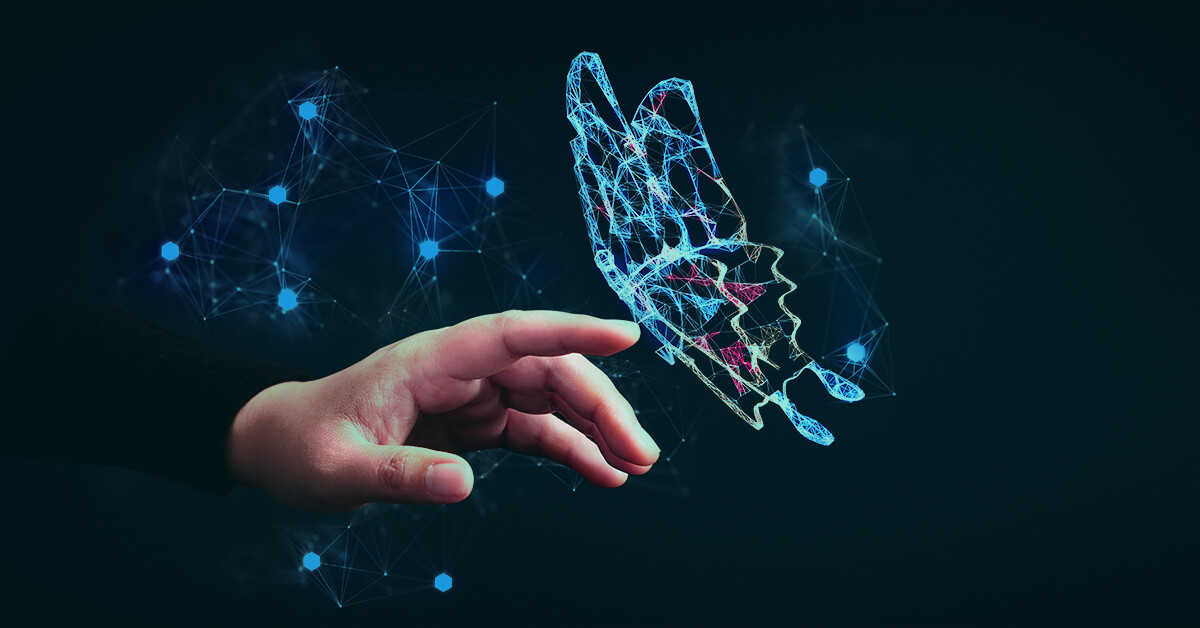AI – Transforming the Lawyer of the Future
January 23, 2024
flexible resources trends flexible resourcing DEI artificial intelligence
To understand the benefits of AI for the law industry, consider the following: to review two million documents, 100 contract lawyers would need 20 weeks (delivering 90% accuracy) and cost more than USD 4M, while an AI-based approach would finish within two weeks with 99.9% accuracy and cost 25% than the human-staffed review. (Source: AI vs Humans in the Field of Law, Three things every legal professional needs to know to survive and thrive in the age of AI (Relativity White Paper), Nov. 2023.)
For law departments and law firms alike, adopting AI is now imperative – whether as a response to shrinking budgets or cost-conscious clients. For law firms, remaining competitive requires reducing the costs they pass onto their clients, especially with the growing number of non-law firm companies offering technology solutions coupled with supervision of the work and outputs.
I have heard from many in the law industry worried about AI’s implications for the legal profession. Some of them despair that AI will eliminate the review work they believe is critical for junior lawyers to learn the practice of law. Others fear their jobs will disappear as AI ‘takes over’.
Whilst such concerns are valid, I am nervous for those not embracing the opportunities that AI presents. It enables legal teams to perform specifically assigned tasks faster, more accurately, and at lower cost. AI can free up lawyers to spend more time on higher-value work that AI cannot perform. Let’s remove the words ‘take over’ with ‘transform’ and ‘replace’ with ‘evolve’ to more accurately describe the journey that the legal industry is on.
Let’s also remember that ‘AI only knows what it is programmed to know’. (Source: Relativity AI vs Humans in the Field of Law.)
AI lacks context and nuance. Human insight and knowledge are still required to build a case, often joining dots not within the programmed scope. It’s no surprise that critical thinking and problem-solving top the list of skills employers believe will grow in prominence in the next five years.
An aspect often omitted from many conversations on this topic in the legal industry is the relationship between AI and DE&I. AI will promote innovative and neurodiverse thinking. As well-known dyslexic campaigner and entrepreneur Richard Branson put it, ‘AI aggregates, dyslexic thinking skills innovate.’ AI can’t replace the soft skills that index high in dyslexic individuals – such as innovating, lateral thinking, complex problem solving, and communicating.
Whatever the impact of AI, the legal field will remain one centered on human relationships – not only the relationship between a lawyer and client but also between contracting parties, parties to legal disputes, witnesses, regulators, and others. More than ever, practitioners must be adept at nurturing interpersonal relationships, listening and showing empathy, and communicating and collaborating. Other attributes are also critical: creativity, lateral thinking, innovativeness, and ethics and integrity.
Learning to live with AI requires socialising a new conception of what it means to be a lawyer. As law departments and law firms adopt AI, they (and their HR departments) must make sure to retain human expertise and knowledge, increase their assessment of and emphasis on candidates’ ‘soft skills’, and find ways to upskill their existing workforce to excel in the critical areas where AI cannot compete.
Back to Expertise



